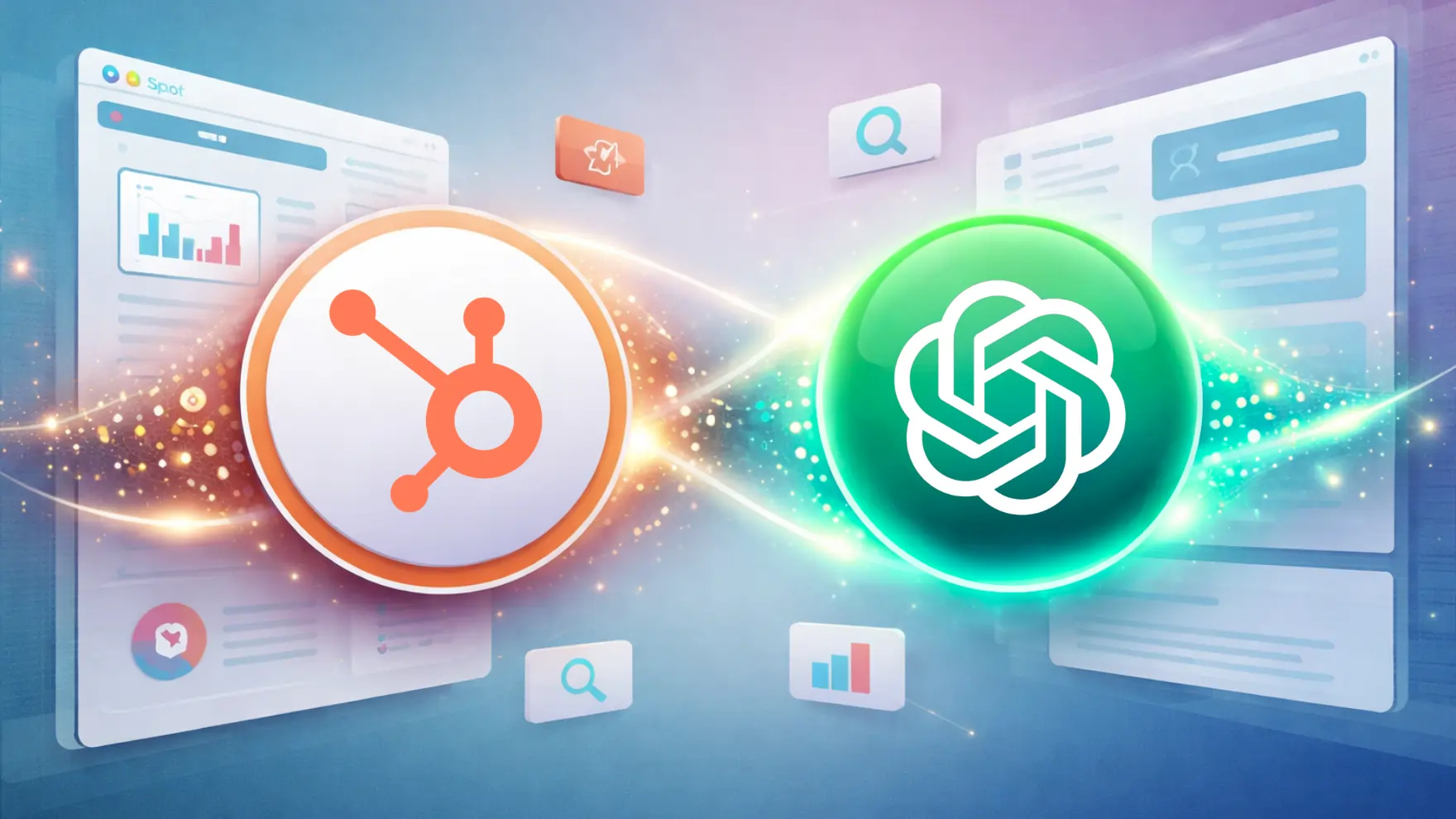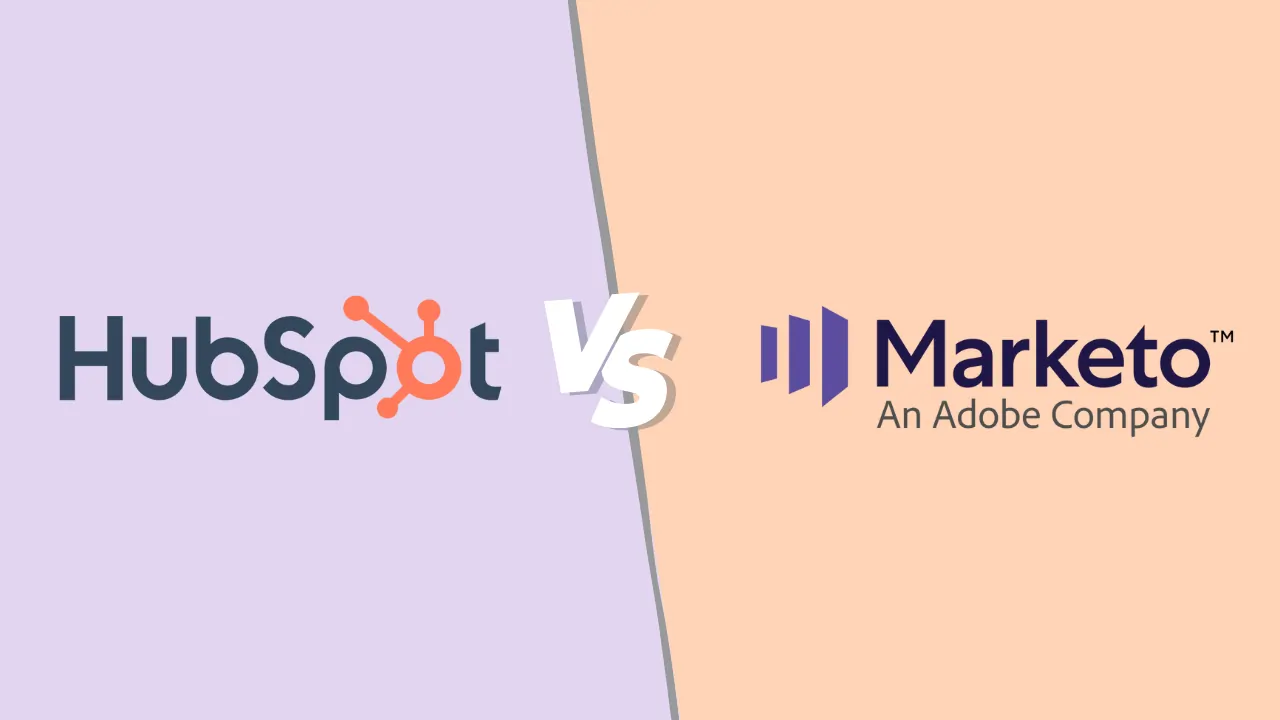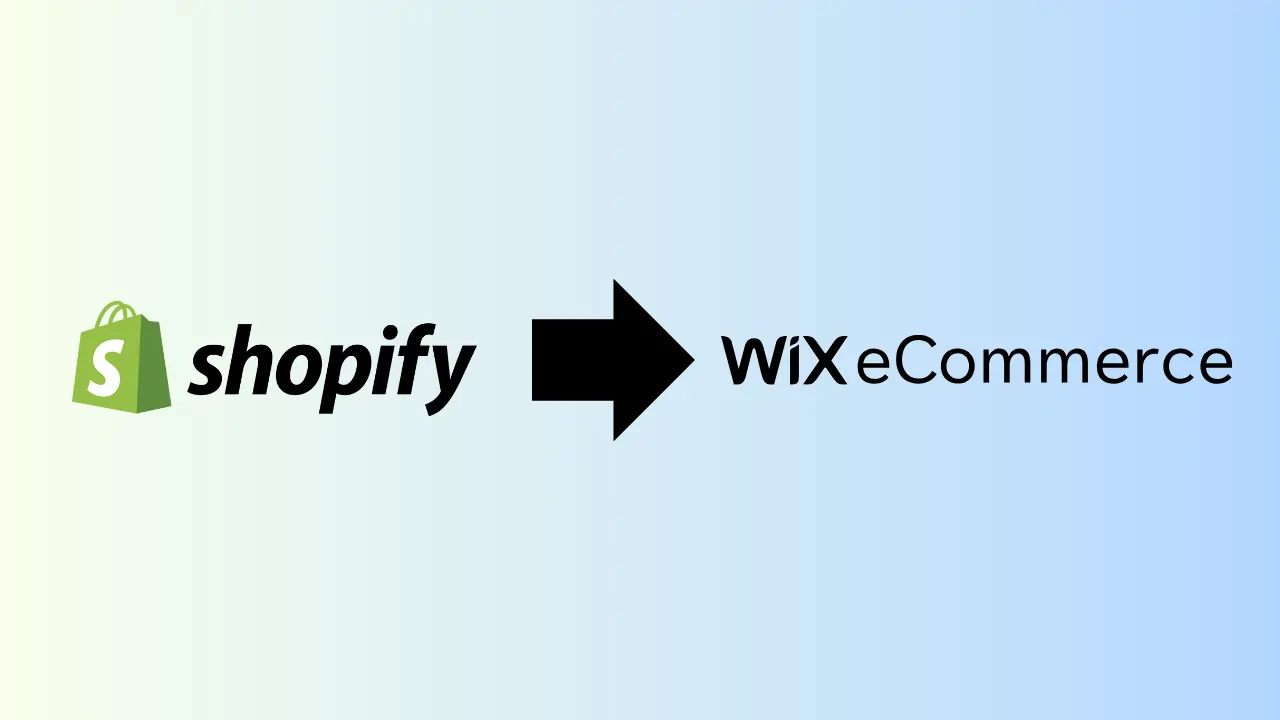AI in HR: Tips and Implementation in 2025
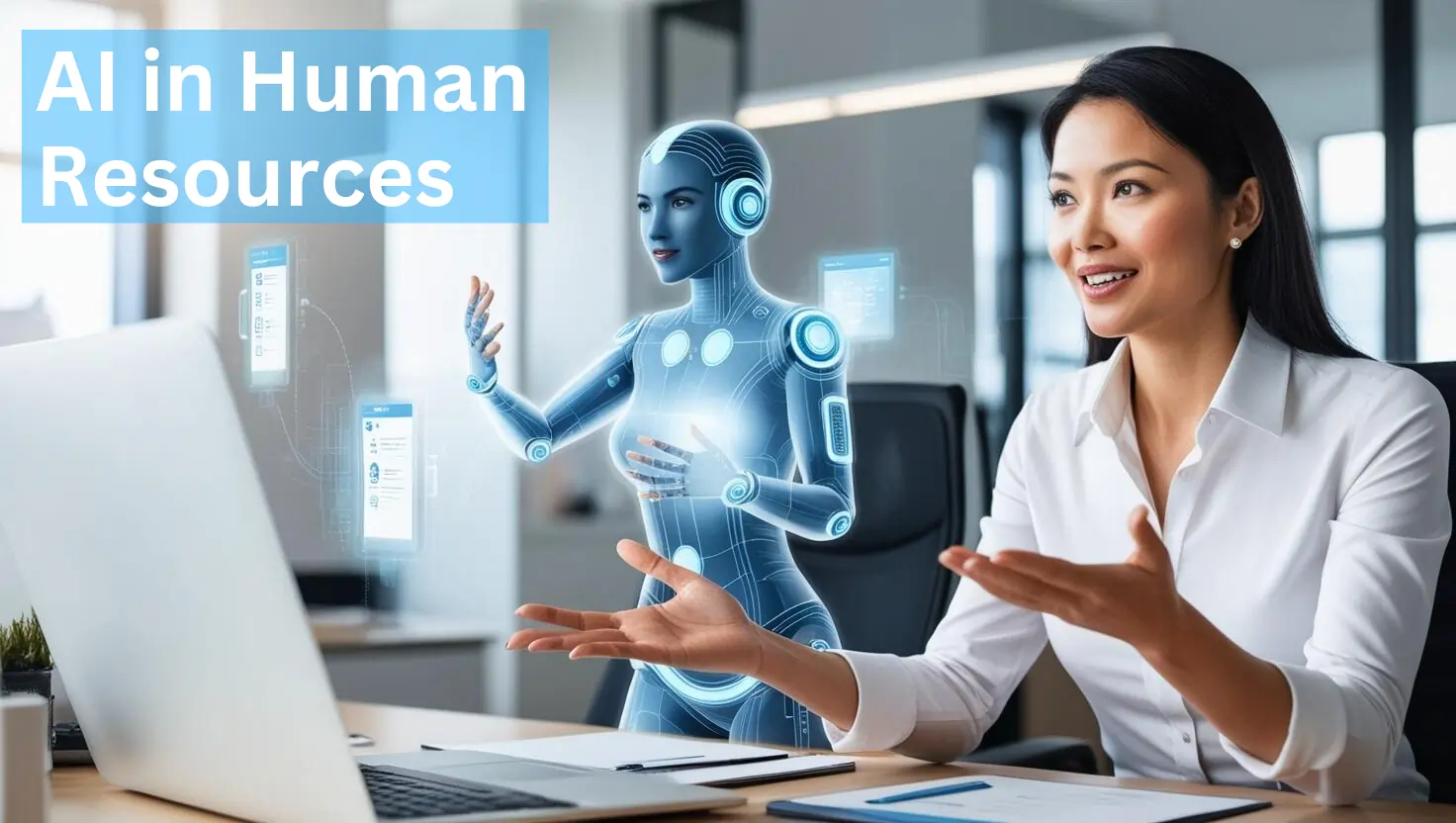
Artificial Intelligence (AI) is revolutionizing human resources, offering unprecedented efficiency and strategic insights. This shift speeds up organizational processes and enables HR departments to focus on more strategic tasks.
The global AI market is expected to reach over $1,88 billion by 2030, and recent research reveals that nearly one in four organizations now use AI or automation to enhance HR functions like recruitment and hiring.
AI’s role in improving efficiency and decision-making in HR is increasingly recognized, making it an essential tool for small businesses and HR professionals aiming to stay competitive and snag top talent in a dynamic workforce landscape.
In this article, we’ll explore how AI is revolutionizing HR through cutting-edge tools that enhance recruitment, streamline performance management, and elevate employee engagement strategies, along with practical tips on how to implement these technologies effectively.
What is AI in HR?
AI in HR is the application of artificial intelligence technologies to enhance and streamline human resources functions. This integration of AI within HR includes automating routine tasks, providing analytical insights for better decision-making, and improving the overall efficiency of HR processes.
AI tools in HR can significantly impact areas such as recruitment, employee onboarding, performance management, and employee engagement. SHRM’s research shows that over two-thirds of HR professionals report that the time it takes to fill open positions has improved due to their use of automation or AI.
By leveraging AI, HR departments can analyze large volumes of data to identify trends, predict employee behavior, and make evidence-based decisions.
This technological shift frees up time for strategic activities and enables small business owners and HR professionals to create more personalized employee experiences. The use of AI in HR is becoming a crucial element for businesses aiming to modernize their operations and optimize processes.
Key Applications of AI in HR
Here’s how AI is revolutionizing HR through its key applications, enhancing everything from recruitment strategies to workforce planning:
1. Recruitment and Talent Acquisition
- Sourcing efficiency: AI improves the efficiency of sourcing candidates by scanning databases and online platforms for relevant skills, reducing the time spent on manual searches.
- Quality of hires: AI tools assess candidates’ compatibility and skills fit, enhancing the quality of hires. For example, AI-driven applicant tracking systems (ATS) can reduce the quantity of applications HR professionals need to manually review by over two-thirds, significantly improving the hiring process’s efficiency.
- Bias reduction: AI helps reduce biases by focusing evaluations on qualifications without subjective influences such as age or gender, promoting a fairer hiring process.
“Nearly 3 in 5 HR professionals say the quality of their organization’s hires is somewhat (50%) or much (9%) better due to their use of automation or AI.”
2. Performance Management
- Personalized learning: AI facilitates personalized learning paths and real-time feedback, enhancing individual performance management.
- Predictive analytics: AI analyzes data to forecast performance trends, helping businesses proactively address potential areas of underperformance before they escalate.
- Develop constructive performance reviews: AI integrates comprehensive data analysis to provide actionable insights, enabling more constructive and data-driven performance reviews.

3. Employee Engagement and Development
- Tailored programs: AI supports dynamic learning environments that adjust in real-time to the needs of individual employees, promoting effective skill development.
- Employee retention: AI-driven insights into employee interactions and satisfaction help develop strategies to increase retention and job satisfaction.
4. Administrative Tasks
- Automated processes: AI automates routine HR tasks such as data management and payroll processing, freeing up HR professionals to focus on more strategic initiatives.
- Efficiency improvements: By automating administrative tasks, AI can help organizations save significant amounts of time and resources, which can be redirected to more value-adding activities.
5. Workforce Planning
- Skills gap analysis: AI tools analyze large datasets to identify trends and predict future needs, including upskilling employees and staffing requirements.
- Succession planning: AI-driven insights assist in planning for succession to ensure continuity and readiness for future business demands.
6. Bias Reduction and Diversity
- Objective screening: By focusing on qualifications and skills first, AI promotes a more inclusive hiring process.
- Bias analysis: AI can analyze historical data to identify and correct biases in recruitment practices, ensuring a diverse and inclusive workforce.
7. Learning and Development
- Personalized learning experiences: AI tailors learning experiences to individual needs, maximizing the relevance and impact of training programs by leveraging learning management software.
- Adaptive learning materials: AI adapts learning materials based on employee performance, enhancing learning efficiency and alignment with organizational goals.
8. Ensure Compliance
- Regulatory adherence: AI tools help ensure compliance with labor laws and regulations by automating the monitoring and reporting of necessary compliance data, reducing the risk of non-compliance penalties.
Top Benefits of Using AI in HR
AI can transform HR operations by streamlining administrative tasks and providing strategic insights that contribute to more informed decision-making and a better overall workplace environment.
Here are some of the key benefits of leveraging artificial intelligence in human resource management:
|
Benefit |
What it Does |
Business Value |
|
Enhanced Efficiency and Time Savings |
Automates routine tasks like resume screening, allowing more time for strategic tasks. |
Increases operational efficiency and reduces the time to hire. |
|
Improved Quality of Hires |
Uses algorithms to better match candidates to job requirements and company culture. |
Enhances the accuracy of hires and integrates better with company needs. |
|
Bias Reduction |
Focuses on data-driven criteria for candidate evaluation to reduce unconscious biases. |
Promotes a more diverse and inclusive workplace. |
|
Predictive Analytics |
Utilizes historical data to forecast future HR needs and trends. |
Allows proactive management and strategic planning, reducing risks. |
|
Enhanced Employee Experience |
Personalizes the training and feedback for individual employees. |
Improves employee engagement and satisfaction, potentially increasing retention rates. |
|
Cost Reduction |
Automates HR tasks and optimizes HR operations. |
Lowers costs associated with HR functions and allows better resource allocation. |
|
Compliance and Risk Management |
Helps ensure compliance with employment laws and regulations using automated audits and reporting. |
Reduces legal risks and ensures regulatory compliance, protecting the organization. |
|
Strategic Workforce Planning |
Utilizes AI to analyze workforce data and predict staffing needs. |
Optimizes workforce deployment and readiness, aligning talent with business objectives. |
|
Improved Talent Retention |
AI analyzes trends and feedback to suggest interventions to improve retention rates. |
Decreases turnover costs and retains critical talent for organizational success. |
|
Real-time Decision Making |
Provides HR professionals with real-time data insights for quick decision-making. |
Enhances responsiveness to HR challenges, leading to better management outcomes. |
|
Enhanced Data Security |
AI can bolster data security protocols for HR-related information, protecting sensitive employee data. |
Enhances trust and compliance, reducing the risk of data breaches. |
|
Continuous Learning and Development |
AI supports ongoing employee development through customized learning recommendations. |
Cultivates a culture of continuous improvement, enhancing employee skills and company competitiveness. |
|
Automated Employee Support |
AI-driven chatbots provide 24/7 support to answer employee queries efficiently. |
Improves employee satisfaction by providing timely and accurate responses to their questions. |
|
Talent Analytics |
AI tools analyze extensive data sets to glean insights about the workforce, helping HR make data-driven strategic decisions. |
Enables more informed strategic planning and talent management. |
|
Enhanced Onboarding Experience |
AI streamlines the onboarding process, ensuring new hires are effectively integrated into the company. |
Reduces time-to-productivity for new hires and improves their initial experience. |
Common Myths About AI Usage in HR
Let’s debunk some of the most common myths about AI in HR and set the record straight on how AI is actually used in human resources.
- AI will replace HR jobs: Contrary to the fear that AI will eliminate HR roles, AI primarily automates repetitive tasks, allowing HR professionals to focus on more strategic and human-centric activities.
- AI decisions are always objective: While AI can help reduce biases, the algorithms are only as unbiased as the data they are trained on. Continuous monitoring and adjustments are necessary to ensure fairness.
- AI in HR lacks a personal touch: AI tools are designed to enhance, not replace, the personal elements of HR, providing data-driven insights that can improve personalized interactions and decision-making.
- Using AI in HR is a breach of privacy: When used responsibly with proper security measures, AI can enhance data protection and privacy compliance in HR practices.
Challenges of AI Implementation in HR
Implementing AI in HR, or artificial intelligence for human resources, presents transformative opportunities for enhancing HR functions. However, integrating these advanced hr ai tools into daily practices comes with its own set of challenges. These challenges must be addressed to harness the benefits of AI in HR fully.
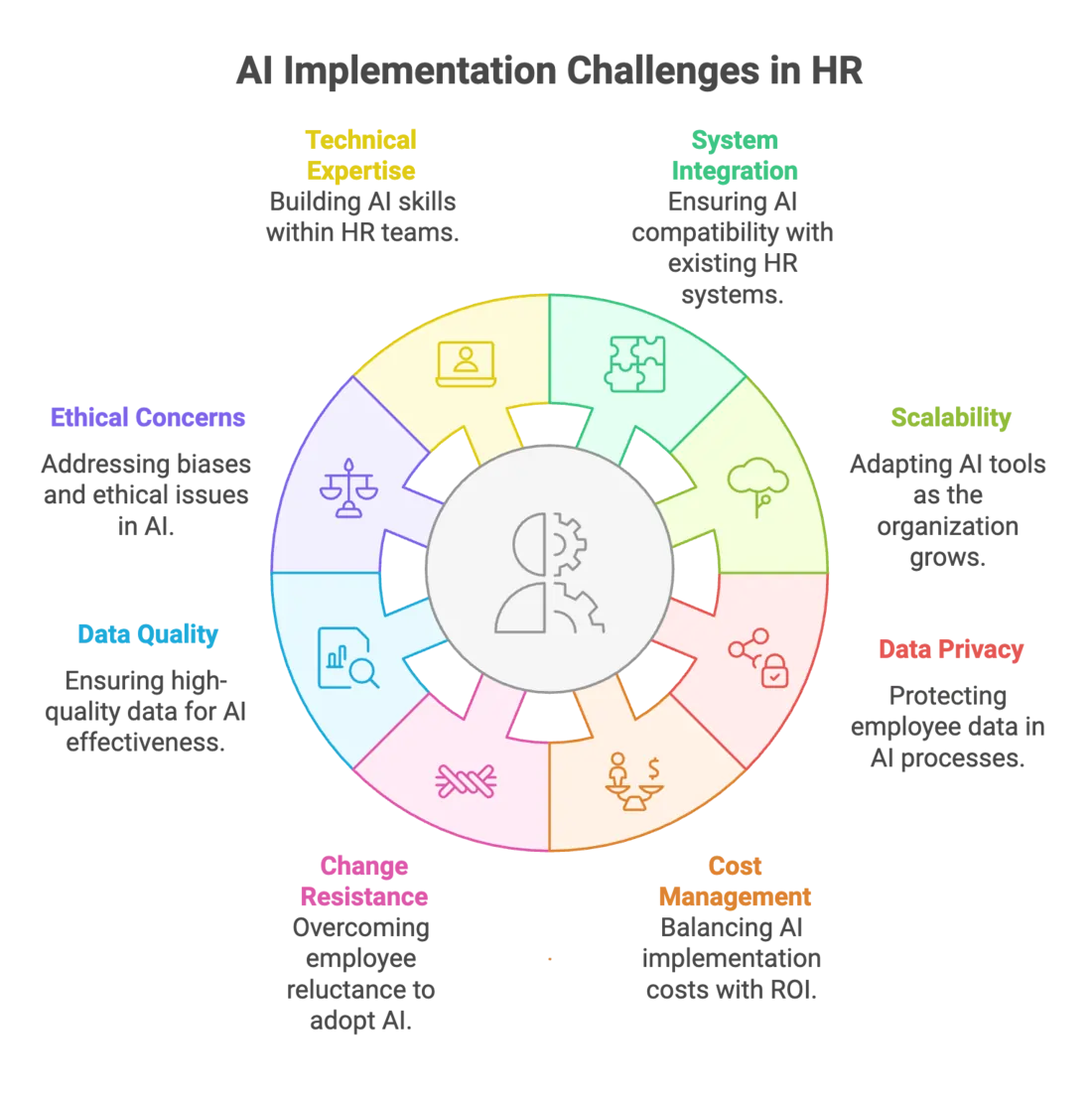
1. Integration with Existing Systems
- Challenge: Ensuring that AI for HR seamlessly integrates with existing HR systems, which may vary in their current technological framework.
- Tips to overcome: Invest in AI solutions that are compatible with existing systems or consider necessary system upgrades to facilitate better integration.
2. Scalability of HR AI Tools
- Challenge: AI in HR must scale with organizational growth. Tools effective for small teams might not suffice as the company expands.
- Tips to overcome: Select scalable AI for human resources solutions that offer the flexibility to expand and adapt as the organization grows.
3. Data Privacy and Security
- Challenge: Managing the extensive data involved in HR artificial intelligence raises significant privacy and security concerns.
- Tips to overcome: Adopt stringent data protection measures and transparently communicate with employees about how their information is used and protected.
4. Cost of AI Implementation
- Challenge: The high initial costs associated with deploying artificial intelligence human resource management systems can be prohibitive, especially for smaller organizations.
- Tips to overcome: Evaluate the ROI of potential AI solutions and consider phased approaches or subscriptions to spread out expenses.
5. Managing Change Resistance
- Challenge: Resistance from employees and management can hinder the adoption of new technologies like AI in HR.
- Tips to overcome: Develop a comprehensive change management strategy with clear communication that outlines the benefits and expected changes from AI integration. Engage with employees and stakeholders early in the process to gain their buy-in and address concerns.
6. Employee Privacy Concerns
- Challenge: AI in HR often involves processing large amounts of personal data, raising concerns about employee privacy and data security.
- Tip to overcome: Implement strict data privacy policies and ensure AI solutions comply with these guidelines. Communicate transparently with employees about how their data is being used and the measures in place to protect it.
7. Data Quality and Integration
- Challenge: AI systems require high-quality, comprehensive data to function effectively. Poor data quality or incomplete data sets can lead to inaccurate AI predictions and decisions, negatively impacting HR processes.
- Tip to overcome: Ensure robust data governance practices are in place. Regularly clean and update data sets to maintain accuracy and completeness. Invest in integration tools that can consolidate data from various HR systems.
8. Ethical Concerns and Bias
- Challenge: AI systems can inadvertently perpetuate existing biases if not properly designed. Algorithms trained on biased historical data may continue to reflect these biases in their outputs.
- Tip to overcome: Regularly audit and update AI algorithms to identify and eliminate biases. Use diverse training datasets and incorporate ethical considerations into the AI development process.
9. Technical Expertise
- Challenge: Implementing AI requires specialized knowledge in both technology and HR functions. Current HR teams may lack skills in AI technology.
- Tip to overcome: Provide training and development opportunities for HR staff to learn about AI technologies. Alternatively, hire or collaborate with AI specialists to bridge the skills gap.
10. Legal and Regulatory Compliance
- Challenge: AI in HR must comply with existing employment laws and data protection regulations, which can vary widely by region and change over time.
- Tip to overcome: Stay informed about relevant legal and regulatory developments. Ensure AI systems are adaptable to comply with regulatory changes and involve legal experts in the development and deployment of AI solutions.
Addressing these challenges effectively can pave the way for successful AI integration in HR, maximizing the potential benefits while mitigating risks.
Future Trends in AI for HR
The landscape of AI in HR, or artificial intelligence for human resources, is continually evolving, with new advancements shaping the future of how organizations manage and enhance their workforce. Here are some key trends that are likely to define the future of AI in the field of human resource management:
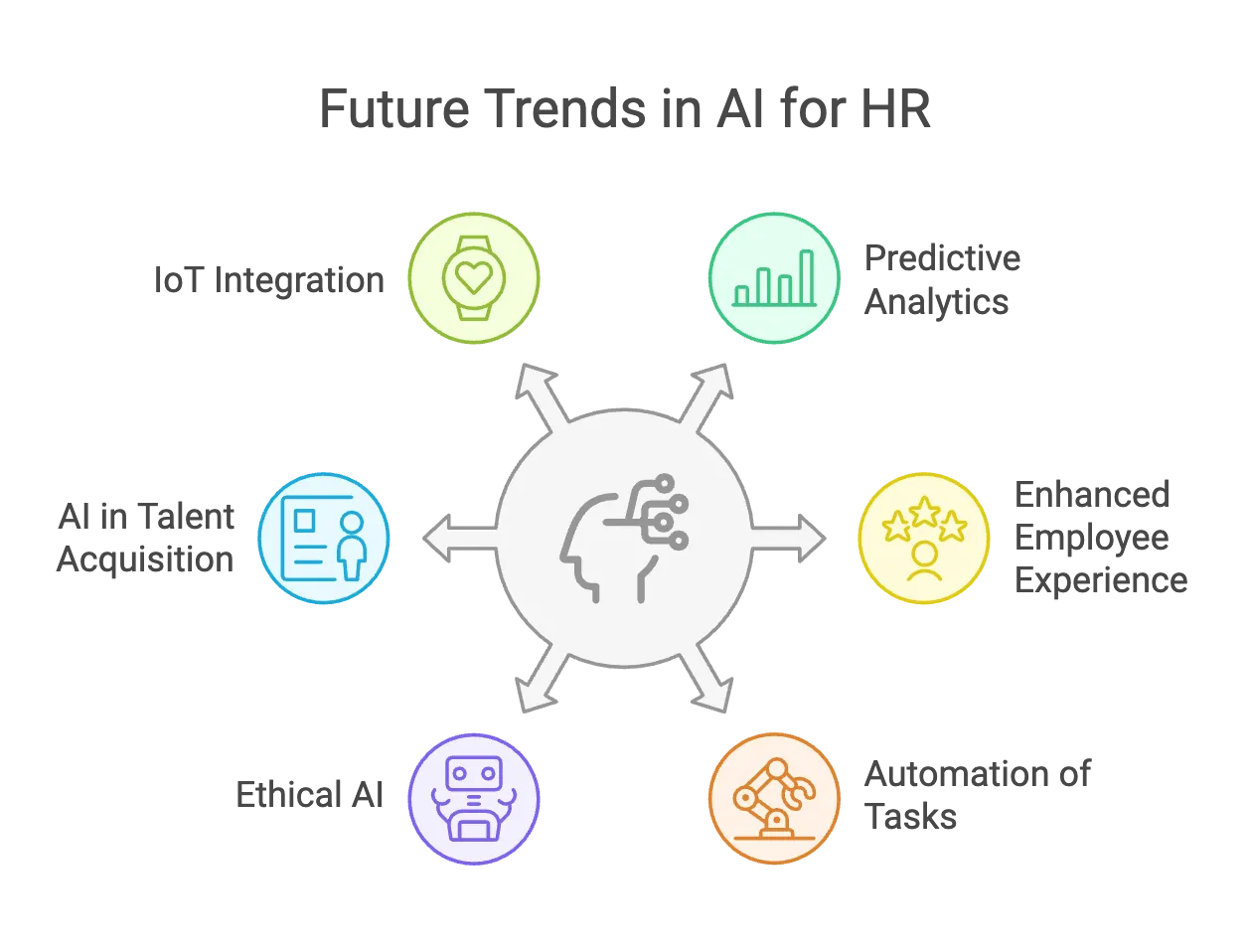
1. Predictive Analytics and Decision-Making
- Trend: AI systems will increasingly use predictive analytics to inform HR decisions, from hiring to employee retention strategies.
- Impact: These advanced analytics will enable HR professionals to anticipate workforce trends and needs, improving strategic planning and operational efficiency.
2. AI-Enhanced Employee Experience
- Trend: AI will play a crucial role in personalizing the employee experience, from customized learning and development programs to tailored benefits packages.
- Impact: This personalization will boost employee engagement and satisfaction and help attract and retain top talent.
3. Automation of Routine Tasks
- Trend: The automation of routine and administrative tasks will become more sophisticated, allowing HR teams to focus on more strategic and human-centric activities.
- Impact: This shift will enhance the productivity of HR departments and reduce human error in processes like payroll and time tracking.
4. Ethical AI and Bias Mitigation
- Trend: As concerns about bias and ethics in AI continue to grow, there will be a stronger focus on developing and implementing ethical AI systems within HR.
- Impact: These efforts will aim to ensure the fair treatment of all employees and candidates and promote diversity and inclusivity within workplaces.
5. AI in Talent Acquisition and Management
- Trend: AI tools will become more refined in scanning, identifying, and managing talent, leveraging data to match individuals with roles where they can perform best.
- Impact: This will streamline the recruitment process and enhance the overall talent management strategy, ensuring the right fit between employees and their roles.
6. Integration with IoT and Wearable Technology
- Trend: Integration of AI with IoT (Internet of Things) and wearable technology will provide HR with real-time data on employee health, well-being, and productivity.
- Impact: This integration will enable more proactive health and wellness initiatives and create a more supportive workplace environment.
These future trends in AI for HR indicate a shift towards more integrated, ethical, and employee-centered approaches. As AI technologies continue to develop, they will profoundly impact the efficacy and scope of HR practices, making them more data-driven and employee-focused.
Leveraging AI Tools for HR Efficiency
AI tools for HR have become essential in streamlining various aspects of human resources management. Each of these software types offers specific business benefits such as increased productivity, improved accuracy in HR tasks, enhanced employee engagement through better management practices, and compliance with regulatory standards.
1. HR Management Systems
- What they do: HR software platforms manage a wide array of HR functions, including benefits management, employee self-service portals, attendance tracking, and payroll. They centralize HR data to improve access and usability.
- Business benefit: Enhances the operational efficiency of HR departments, improves accuracy in data management, and facilitates better employee engagement through self-service capabilities.
Recommended brands: BambooHR, Gusto
2. Performance Management Systems
- What they do: Integrate various functions such as goal setting, performance reviews, feedback collection, and career development planning into a single platform. These systems provide analytics that help identify high-performing employees and inform succession planning.
- Business benefit: Enhances the accuracy and efficiency of performance appraisals, supports talent management strategies, and aids in aligning employee performance with organizational goals.
Recommended brands: ADP, Paycor
3. Applicant Tracking Systems (ATS)
- What they do: Automate the tracking and management of job applicants and streamline the hiring process by organizing candidate information and communication.
- Business benefit: Increases recruitment efficiency, reduces time spent on manual tasks, and improves candidate tracking accuracy.
Brands from Sonary: BambooHR, Paycor
4. AI-Driven Recruitment Tools
- What they do: Enhance candidate sourcing, use predictive analytics for screening, and automate candidate engagement processes.
- Business benefit: Accelerates the recruitment cycle, enhances the quality of hires, and offers significant time savings in talent acquisition.
Recommended brands: Gusto, ADP
5. Employee Onboarding Solutions
- What they do: Provide automated workflows for new hire paperwork, task management, and initial training schedules.
- Business benefit: Streamlines the onboarding process, reduces administrative burden, and improves the overall new hire experience.
Recommended brands: BambooHR, Zenefits
6. Learning Management Systems (LMS)
- What they do: Learning Management Systems deliver personalized educational content, track progress, and manage training outcomes for employees.
- Business benefit: Enhance employee skills and competencies, align employee development with organizational goals, and measure the effectiveness of training programs.
Recommended brands: Cornerstone, Absorb, TalentLMS
7. HR Analytics Tools
- What they do: Analyze workforce data to provide insights on productivity, engagement, and HR policy impact.
- Business benefit: Enable data-driven decision-making in HR strategies, optimize HR operations, and forecast HR needs.
Recommended brands: BambooHR, Zenefits
8. Employee Engagement Platforms
- What they do: Measure employee satisfaction through surveys and feedback mechanisms and provide analytics on employee engagement levels.
- Business benefit: Help identify areas for improvement in the workplace and drive initiatives to boost employee morale and retention.
Recommended brands: Gusto, Paycor
9. Payroll Management Systems
- What they do: Automate payroll calculations, tax filings, and compliance reports, as well as manage direct deposits and payroll queries.
- Business benefit: Ensures accurate and timely payroll processing, reduces the risk of compliance issues, and improves operational efficiency.
Recommended brands: Paychex, Gusto, Paycor
Final Thoughts
AI tools for HR clearly demonstrate how technology is not just reshaping how HR functions operate — it’s fundamentally enhancing the human aspect of business.
With AI-driven solutions like Applicant Tracking Systems, Performance Management Systems, and Learning Management Systems, businesses are optimizing operational efficiency and, more importantly, fostering a more engaged and fulfilled workforce.
AI in HR is about creating opportunities to focus more on what truly matters—the people. As we move forward, the integration of AI offers a promising path to streamlining HR processes and championing a workplace culture that values continuous learning, fair and unbiased recruitment, and personalized employee experiences.
So, let’s embrace these technological advancements with optimism and a strategic mindset. By leveraging AI’s full potential in HR, your business can expect to see a transformation in its HR operations and build stronger, more resilient teams ready to face the challenges of tomorrow.
FAQ
Q: What are Applicant Tracking Systems (ATS)?
A: ATS automates the tracking and management of job applications, increasing efficiency in recruitment processes.
Q: How do AI-Driven Recruitment Tools benefit HR?
A: They enhance candidate sourcing and screening, significantly improving the quality and speed of hiring.
Q: What are the business benefits of Employee Onboarding Solutions?
A: They streamline the onboarding process, reducing time to productivity and minimizing administrative tasks.
Q: How do Learning Management Systems (LMS) function?
A: LMS deliver and track training programs, often with personalized paths, facilitating continuous employee development.
Q: What advantages do HR Analytics Tools provide?
A: These tools analyze workforce data to inform strategic HR decisions and optimize HR policies and practices.
